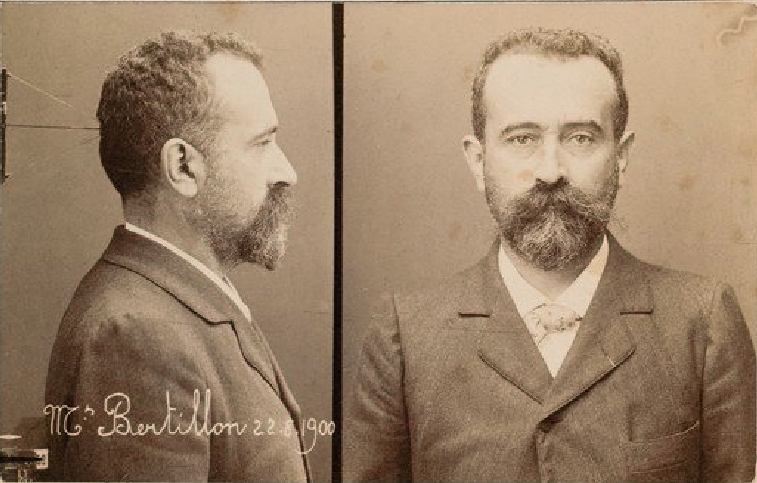One of the pioneers of applying statistics to sociology: Who is Jacques Bertillon?
Bertillon's studies formed the basis of Durkheim's research on suicide and divorce.

(1851-1922) French statistician and sociologist. He is known for his work on population problems. He was born on 11 November 1851 in Paris. He died in Valmondois on July 7, 1922. He studied medicine. He became interested in statistics in the 1870s and wrote articles in the Annales de Demographie Internationale ("International Yearbook of Demographics") comparing divorce and suicide rates in different societies. In 1882 he became the editor of this journal. He became the director of the Paris Statistical Office in 1883 and held this post until 1913. He served as the Paris Bureau of Statistics representative at the Conseil Superieur de la Statistique (Supreme Statistical Council), an organization that advises the government on statistical matters. During these years, he became a professor of demography at the School of Anthropology in Paris.
Jacques Bertillon (11 November 1851 – 4 July 1922) was a French statistician and demographer.
Bertillon, who played an essential role in the congresses of the International Institute of Statistics, enabled this institution to reactivate in 1885. He helped found the College Libre des Sciences Sociales (Free Social Sciences College) in 1895, where he later taught demography. He worked for the International Journal of Sociology, published by Rene Worms. In 1897 he was appointed president of the Societe de Statistique de Paris (Paris Statistical Society). In 1918, with Paul Coquemard, he founded the journal La femme et l'enfant (Women and Children), which advocated increasing the birth rate and promoting large families. He was active in the Conseil Superieur de la Natalite (Supreme Council for the Birth Rate), founded in 1920.
Bertillon has done research on topics such as birth, death, illness, marriage, and divorce. He developed recommendations for the collection of new data, the evaluation of data, and the wider application of new techniques and statistical knowledge. By applying quantitative methods in the analysis of social problems, he has made statistics increasingly used in social sciences. He has worked to use similar classifications and methods to evaluate statistical data in different countries. In 1893, he developed the "Bertillon" Classification, which is a standard international classification system for causes of death; this system, which was applied in many countries, was revised and corrected in line with his recommendations in 1909 and 1920.
Bertillon was deeply concerned with the problems of alcoholism and depopulation in France. In a report he wrote in 1910, he listed the factors such as extreme frugality, financial difficulties of large families, and the characteristics of the French inheritance law among the reasons that led to the decrease in the birth rate.
Bertillon's studies formed the basis of Durkheim's research on suicide and divorce.
